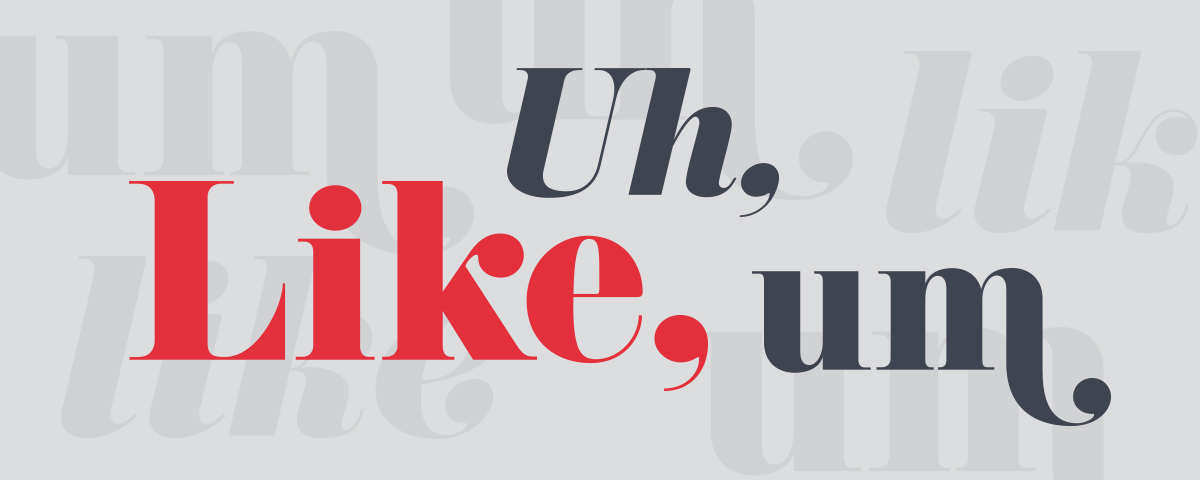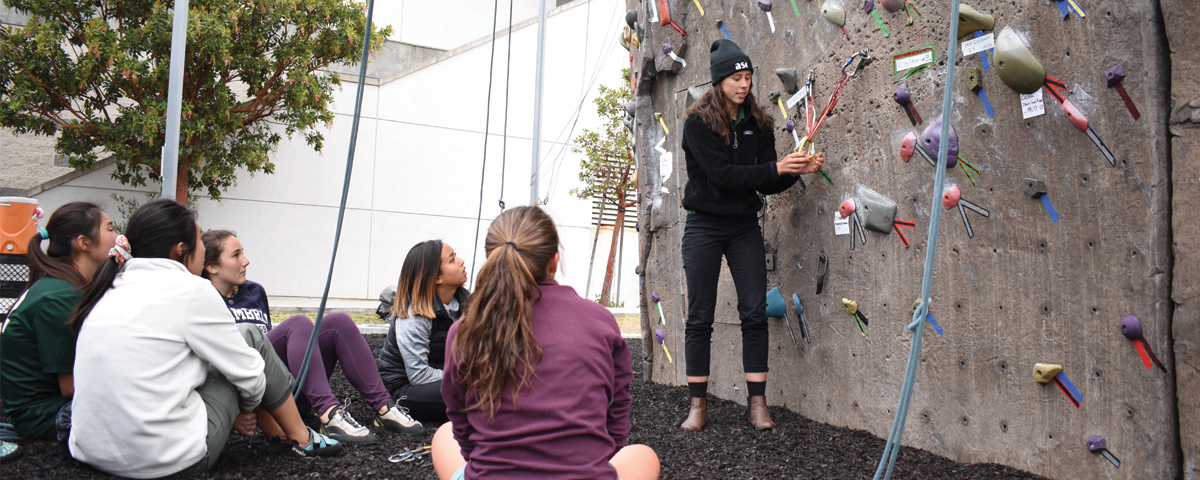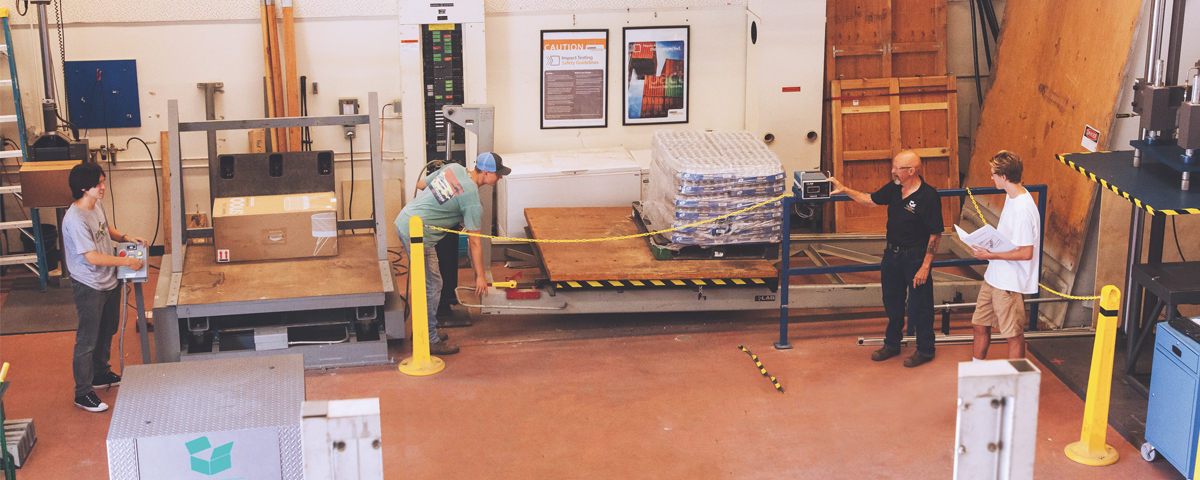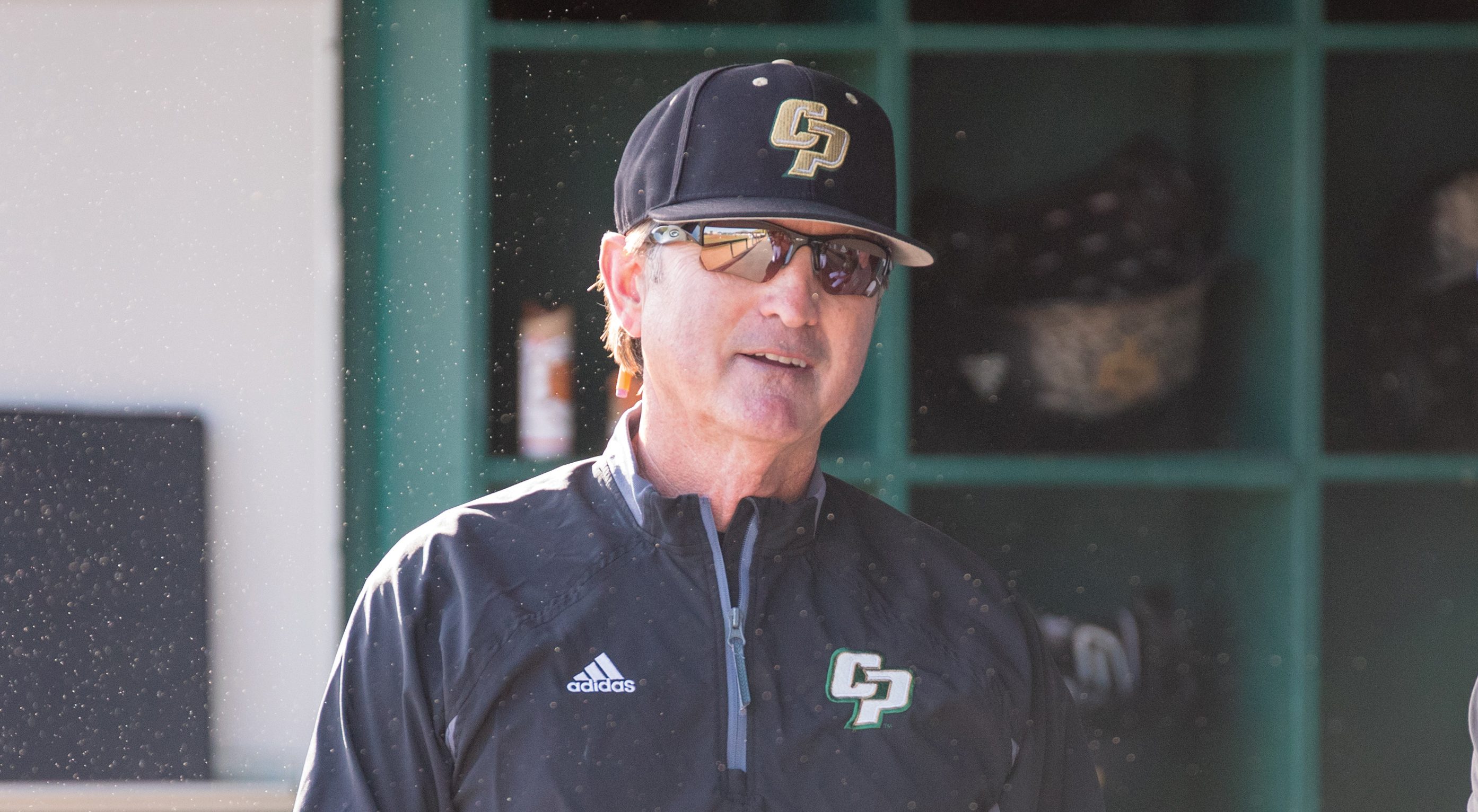How I Learn by Doing
Uh, You Have to Be, Like, Professional
by Emily Bernstein


Emily Bernstein, communication studies senior
No one just loves interviews … except me. From the time I was 16 years old, applying for a restaurant host position, I have spent hours practicing interview skills with my dad.
When I was a kid, I wished my dad was a firefighter or construction worker because that was cool, and my dad’s actual job was ambiguous and difficult to explain. If my peers asked what he did, I would say, “Well, uh, he reads résumés and interviews people,” but I never understood why. Soon I began to appreciate that he worked as an executive recruiter because it made him an expert on interviewing.
With my dad, I created and practiced delivering thoughtful responses to all the most common interview questions, and also learned how to respond when I did not have an answer prepared. I began to love it.
Over time, I became fascinated with the process of interviewing and desired to understand what, aside from content, made interviews strong or weak, successful or not. Many of my peers did not receive the thorough training I did, and so they dreaded the hiring process. By the end of my second year at Cal Poly, I knew that for my senior project, I hoped to help others improve their interview skills.
“No one just loves interviews… except me.”
The first step toward this goal was to provide evidence for what I believe worked well in interviews. In the spring of 2018, I conducted a research study focused on interview language under the guidance of my communication studies professor, Aubrie Adams. My co-researchers, Lea Gikas and Zac Sutcliffe, and I hypothesized that the use or absence of “filler words” – um, like or uh – determine the impression someone leaves during an interview as far as their professionalism and competence.
We tested this by dividing participants into two group, and having both groups listen to a recording of an interview question. One group heard a recording that contained filler words, while the other group heard a recording that did not contain any filler words. Our hypothesis proved correct, meaning that when an interviewee avoided using filler words, they were rated more professional and competent. Thrilled with this finding, which aligned with the techniques I learned from my dad, I could not wait to share my research with anyone who would listen.
I presented our findings at the California State University, Social Science Research and Instructional Center Symposium, held at CSU Long Beach. I knew that my curiosity in interviews would not end here, and winning the McCall Award for best undergraduate paper from this conference fueled my enthusiasm. Moving forward, my goal is to integrate a research study focusing on body language in the context of interviews.
I read a quote recently from Bryant McGill that said, “Awareness is power.” I believe that in this lies the value of our findings. My hope is to simply spread awareness of these study results, because if people understand how their words contribute to the impression they leave, they will have the power to carefully construct their speech.





